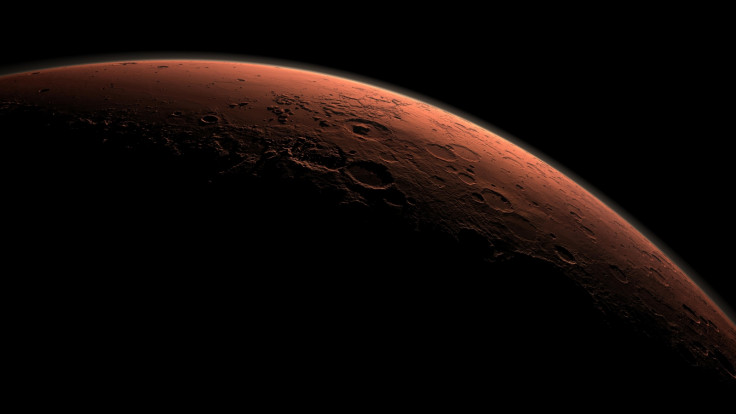Mars colonisation: SpaceX and Nasa working together to identify landing spots
One region with no rocky surface and proximity to ice has already been shortlisted.
Elon Musk-led SpaceX has said it is in the process of identifying landing spots on Mars and is getting help from Nasa in doing so. Space X's Mars colonisation plan was slated to kick off in 2018 but is going to be delayed to 2020.
Paul Wooster of SpaceX said their team is working with scientists at Nasa's Jet Propulsion Laboratory to identify and finalise several potential landing sites, one of which looks particularly promising at the moment.
"Identified several candidate sites, but many likely too rocky. Arcadia region looks promising," said Wooster on a Reddit thread.
Nasa too recently announced three landing spots for its Mars Exploration Programme for 2020. But these are starkly different from SpaceX's, whose aim is to colonise and less about studying the planet's geology. Wooster says for SpaceX the sites should have access to large quantities of ice near the surface or be close to the equator and at a low elevation for safer access to solar power and thermal conditions.

With help from Nasa scientists they were able to identify some spots including three regions that met the basic criteria – Deuteronilus Mensae, Phlegra Montes and Utopia Planitia. However, detailed images later revealed these surfaces were rocky and not suitable for human settlement. But Arcadia, which was the fourth region, showed few or no rocks making it ideal for colonisation.
Late last year, Musk revealed the company's plans to colonise Mars which include establishing a permanent, self-sustaining city on the Red Planet using the company's proposed Interplanetary Transport System (ITS). The ITS, formerly known as the Mars Colonial Transporter (MCT), is SpaceX's privately funded development project for building a system of spaceflight technology and remote human settlements on Mars.
But first, the company will put the Red Dragon, a modified Dragon 2 spacecraft, into the Mars transfer orbit. This launch was scheduled for 2018 but has been delayed to 2020 because of which the entire timeline of the Mars plan has been pushed back. According to the new timeline, if everything goes successfully, the first human crew voyage to Mars will be conducted in 2027 instead of 2025 as earlier aimed for.
© Copyright IBTimes 2025. All rights reserved.





















